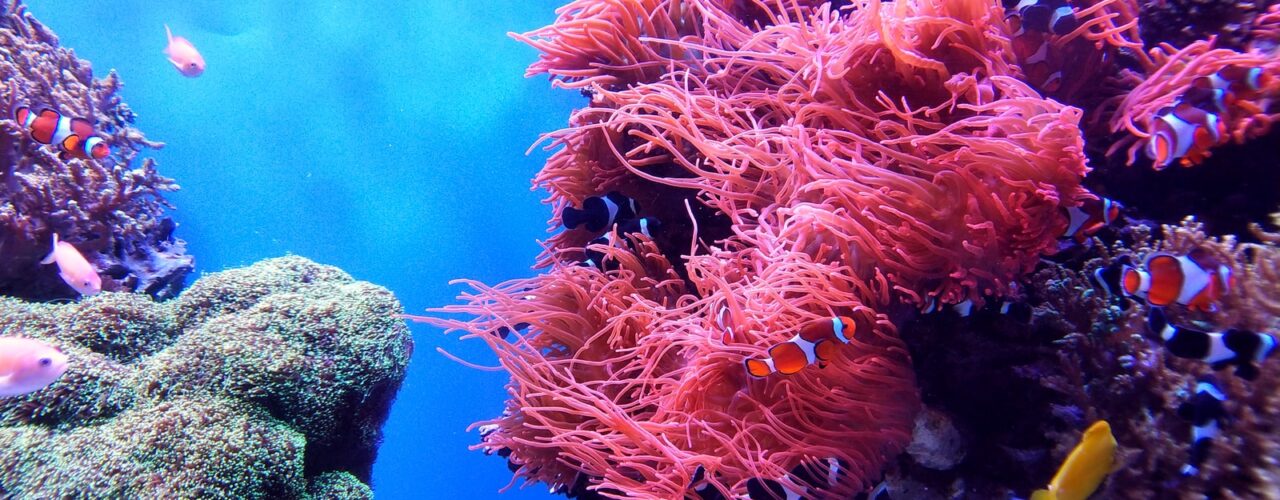Researchers are placing speakers and playing recordings of healthy coral reefs to attract animals to degraded reef ecosystems. Some experiments have shown that young organisms are twice as likely to settle on reefs near these speakers.

So what?
Healthy reef ecosystems are often full of sounds and many young organisms use them as cues to find and settle on the reef. The use of recordings to attract organisms to speed up a restoration process grants soundscapes greater importance. Losing soundscapes then becomes an issue, not just because of a nostalgic human longing for a past aesthetic environment, but for its possible ramifications on restoration of habitats.
Restoring the different trophic levels and the relationships between various organisms will still be key in restoring a degraded reef to its healthy state. Audio, however, could be a supporting tool in the initial stages of the restoration process when a degraded reef that has been cleared of pollutants or other limiting factors lacks an attractive soundscape.


















Join discussion